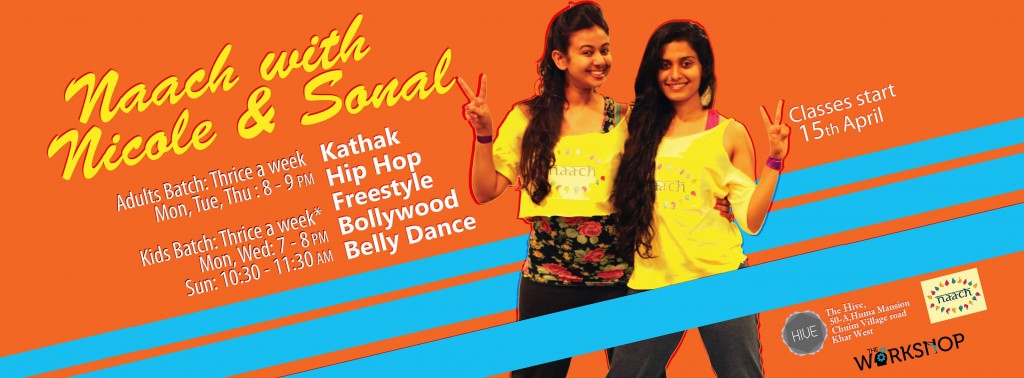
- Direction

- Acting

- Story

- Music
For the three hours and couple of odd minutes, parked in my chair, occasionally cringing with a nagging spasmodic pain in the back, all I could think of was - how much did they make Farhan Akhtar run for this? The actor seemed to be on an endless marathon, covering lap after lap, showing off that Greek god of a tone and temper of his body, the spectacular muscular length of his legs, carved to perfection, his gait, like a lion, his speed, like a majestic steed, galloping, racing, flying. If Milkha Singh was India, Akhtar was Milkha. In mind, body and spirit.
Of course there were flaws, but we’ll get back to that later.
You see, growing up in a city like Chandigarh, Milkha Singh was a household name. “His lower lip would quiver when he ran, such was his speed,” my father would fill us with stories of this legend, still alive and golfing in Chandigarh. The Flying Sikh, his legendary khitaab, was known for charging like a bullet, barefoot, for winning 77 out of the 80 races of his life, for making and breaking track records, for his unforgivable loss at the Rome Olympics (1960) and for his unforgettable win in Pakistan. As a director, Rakeysh Om Prakash Mehra had a lot to explore, address and present in this epic biopic. This was not a sports film, it was never meant to be. Nor a political statement.
“Bhaag Milkha Bhaag” was supposed to be this extremely engrossing chapter out of a rather unusual champion’s book of life. His lost childhood, the horrors and hauntings of a bloody Partition (1947), the deep unbreakable bond with his sister, his transformation from just another village lad and coal thief to a Army officer and winner, his fears, his victories, his losses. This was a story waiting to be told to the world, and Mehra took upon the task, only to weigh his audience down with another “Are you relaxing, no I’m Milkha Singh joke.” The drudgery of slow motion, overdose of song and background score, repeated flashbacks of Partition, mouthfuls of melodrama and a bit of miscasting. I am still wondering why he chose the British-Pakistani actor Art Malik to play Sampooran Singh, Milkha’s father. His diction missed that guttural Lahori Punjabi dialect. Meesha Shafi as the swimming champ Perizaad is wasted, and Sonam Kapoor comes nowhere close to a Punjaban when she says “India” with such angrezi elegance. That’s the problem of these actors – they think in English!
It was Pawan Malhotra, one of the most under-exploited and underrated actors of our industry, who, as coach Gurudev Singh lends character and energy to his scenes. His performance overshadows that of Akhtar’s too. Divya Dutta as the doting sister is memorable. While Yograj Singh as coach Ranveer Singh is okay, Prakash Raj with a commanding Army voice and those handlebar moustache entertains us.
Japtej Singh, as junior Milkha, gives us an honest glimpse into what this champion must’ve been like, especially when he loses his entire family in 1947, lives like a refugee and fights for survival. The fear, the anger, the frustration were the driving force behind Milkha’s reason to run. In the second half of the film, Akhtar as Milkha exorcises these very negatives into positives. His excruciating training in Leh-Ladakh is breathtaking, and makes you get up and take a sprint. His transformation and submission to the character makes you salute him. Yes, being a Punjabi, I wish Mehra and writer Prasoon Joshi had made all actors, especially Akhtar take a crash course in Punjabi language. But having said that, Akhtar becomes Milkha in every sense of the word. Not only does he bear a striking resemblance to the legend, he imbibes the very rules the man lives by – hardwork, focus and dedication.
Does the film, given its extraordinary hype, live up to our expectation? No. It’s a lesson in history alright, inspiring in parts too. It also gives Sardars much-deserved respect, especially in an industry that’s always belittled and reduced them to caricatures. Akhtar really does put the sexy in Singh. The music by Shankar, Ehsaan, Loy is entertaining, our favourite being the pulsating number, Zinda. But, there’s always a but - Mehra had a chance to make a fantastic biopic, a collector’s edition sans the boring stretch.
Here’s a hero who is flawed, heartbroken, haunted, who had a raw deal as a child, was robbed of his innocence, brought up in poverty, who was put down and attacked by jealous competitors, who learnt to discipline himself, take up the challenge and walk on burning coals. More than winning or losing, Milkha Singh’s life was about fighting, taking in the punches and never backing down. It’s this formidable spirit that Mehra fails to capture, or maybe loses in the din of too much sound and drama. Sometimes, silence does say it all.
“Chariots of Fire” is a fine example to start with. I would say, in terms of keeping it short, yet effective, Shimit Amin’s “Chak De India” was a winner. As for “Bhaag Milkha Bhaag,” scoot only to watch Akhtar charge 100 meters in 11.4 seconds. It’s a reason to run.




















Pingback: 2013′s Best And Worst of Hindi Cinema | Popsplat